
Los Angeles Dodgers
63rd Season
First Game Played April 15, 1958
Primary Logo
Logo 2012-Present
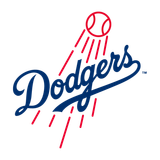
Alternate Logo
Alternate Logo 2012-Present
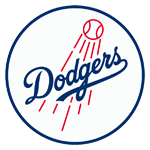
Historical Moments
The Dodgers play their first game in Los Angeles on April 18th, defeating the newly the also relocated San Francisco Giants 6-5 before 78,672 fans at the LA Memorial Coliseum (a converted football stadium). However, the Dodgers' first season in LA would end up in a seventh-place disappointment with a 71-83 record.
Dodgers Best

A.J. Ellis
2008-2016
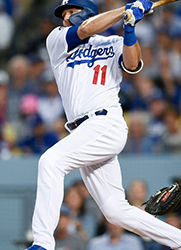
A.J. Pollock
2019-Present
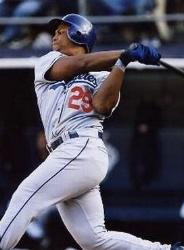
Adrian Beltre
1998-2004

Adrian Gonzalez
2012-2017
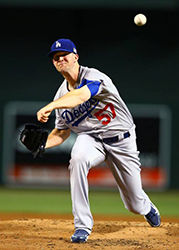
Alex Wood
2015-2018, 2020-Pres
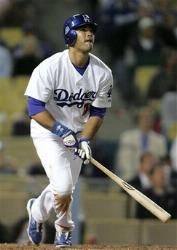
Andre Ethier
2006-2017

Andrew Toles
2016-Present
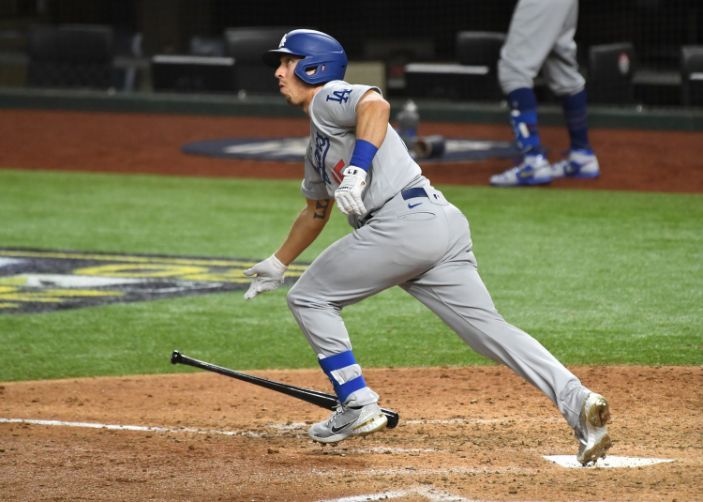
Austin Barnes
2015-Present
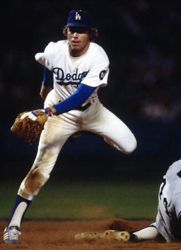
Bill Russell
1969-1986
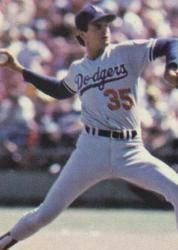
Bob Welch
1978-1987
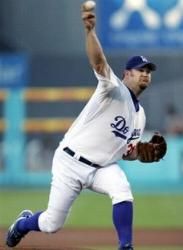
Brad Penny
2004-2008
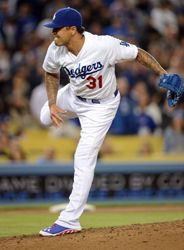
Brandon League
2012-2014
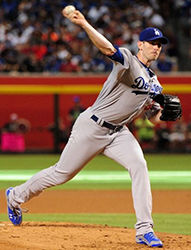
Brandon McCarthy
2015-2017
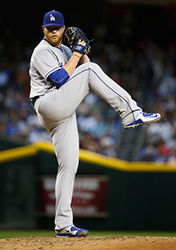
Brett Anderson
2015-2016
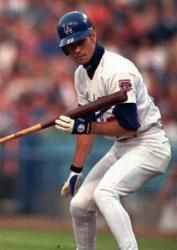
Brett Butler
1992-1994, 1995-1997
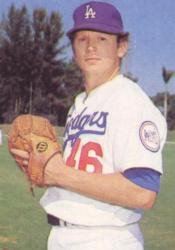
Burt Hooton
1975-1984
Dodgers Stadiums
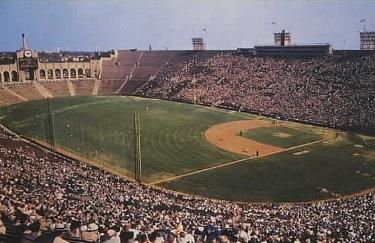
1958-1961
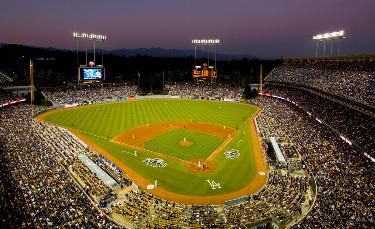
1962-Present